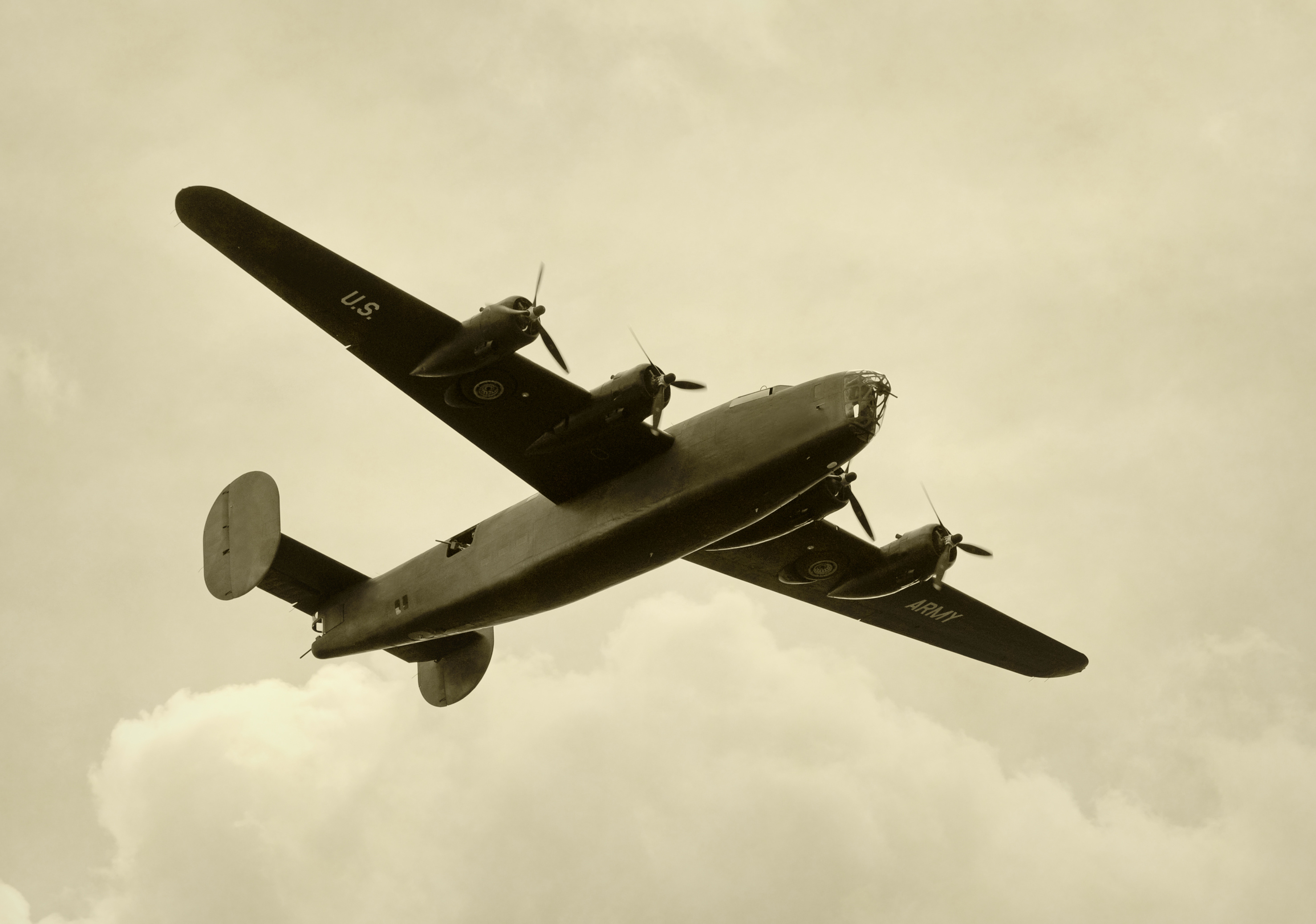By Shibani Clington Fernando

Kenzaburo Oe’s writing career was strongly influenced by French and American literature.
He was born in a small village in Japan called Shikoku. His family were wealthy landowners who lost all their land in the land reform foisted from the Second World War. The war ended when he was 10. This caused his early life to be exposed by the unfortunate war happening worldwide. This may have been why his novels were depicted as sinister and disturbing forces. To support this, the Swedish Academy claimed ‘The humiliation took a firm grip on him and had coloured much of his work. He, himself, describes his writing as a way of exorcising demons.” As the previous quotation suggests, Oe did this to feel at ease from his struggles by writing down eerie novels based on his life experiences.
Oe entered the University of Tokyo in 1954, which he graduated from in 1959. He left the University, where he successfully debuted in his literature novel, The Catch. This book was about an American pilot who was shot down and confined by rural Japanese villagers for its precise information. Remarkably, this story won the prestigious Akutagawa prize for new writers.

Yet, it was only in the 1960s when Oe started to gain attraction on his Hiroshima Notes.
Hiroshima Notes was inspired by a new father’s struggle to accept the birth of his brain-damaged child. This was correlated with his own life. This surgery left his son with learning difficulties.
Kenzaburo Oe said that these 2 books were inextricably linked.
“I wanted to reconstruct myself, my family, so I wanted to consider the Hiroshima people who wanted to reconstruct their lives after the disaster,” he explained. He may have said this, because it would have been extremely tough to have a son mentally handicapped especially for a new father.
To go through your life with traumatic experiences like his family’s hard-earned land being taken away, the Second World War and a having a child with learning difficulties could have really made Oe contemplate life.
Even though his life was mostly full of trauma and difficulties he still managed to surpass them. He even earned a Nobel Prize Award in Literature in 1994.Kenzaburo Oe should be an example to everyone that life is full of hardships and sorrows but everyone must overcome them just like Kenzaburo Oe did.